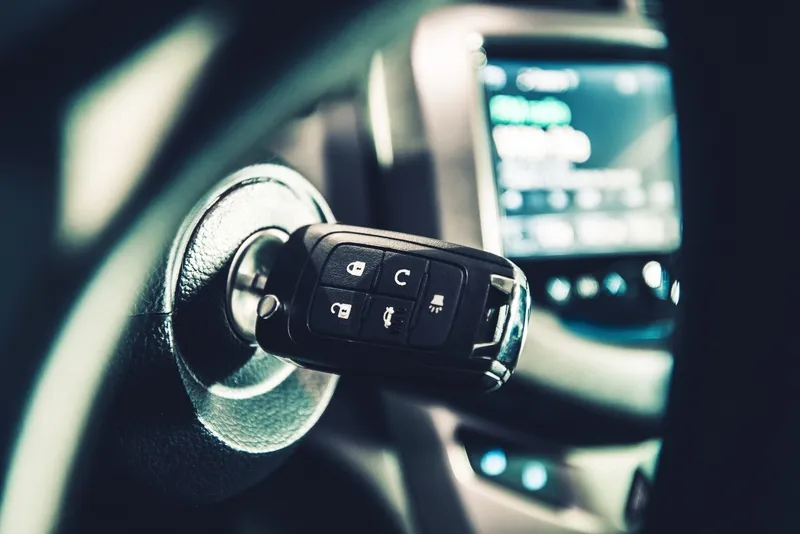
As Thanksgiving approaches in the US, drivers who have over-indulged are being encouraged to keep their car keys in their pockets over the holiday season.
The Governors Highway Safety Association (GHSA) has joined up with transportation network Lyft and the Foundation for Advancing Alcohol Responsibility to award Colorado, Maryland, Missouri and Texas State Highway Safety Offices - a total of $80,000 in grants.
The money will be used to support initiatives promoting ride-hailing rather than driving.
The four states will provide Lyft ride credits to encourage people who consume alcohol or other impairing substances to leave the driving to others.
Traditionally, the holiday season is one of the most dangerous times on the road due to over-indulging revellers getting behind the wheel. An estimated 11,654 people died in drunk driving crashes in 2020 – one every 45 minutes. Police-reported, alcohol-involved fatalities rose 5% in 2021 and remain higher than pre-pandemic levels.
“All traffic fatalities are tragic,” said GHSA executive director Jonathan Adkins. “But it is especially difficult to hear about drunk- and drug-impaired driving deaths, which we know are 100% preventable, during the holiday season.”
GHSA will team up with long-time partners Lyft and Responsibility.org to help states conduct campaigns that offer drivers an incentive for making a responsible choice.
The four states will each put their own spin on their Lyft ride credit programme.
Colorado DoT is launching its ‘Nothing Uglier than a DUI’ ugly holiday sweater campaign, where it invites Coloradans to wear their seasonal jumpers and redeem Lyft ride credits.
Maryland DoT Motor Vehicle Administration’s Highway Safety Office will make available 4,000 ride credits, worth $5 each, during weekends, throughout the holiday season.
Missouri DoT Highway Safety and Traffic Division will place ads and jukebox quizzes in bars around the state to educate patrons about their responsibility to not drive if they are under the influence. Lyft ride credits will be offered to encourage them to take advantage of this.
Texas DoT is focusing on the greater Houston area, which has the nation’s highest number of impaired driving fatalities. TxDOT will use digital media to encourage drivers to take advantage of 1,000 $20 Lyft ride credits.








